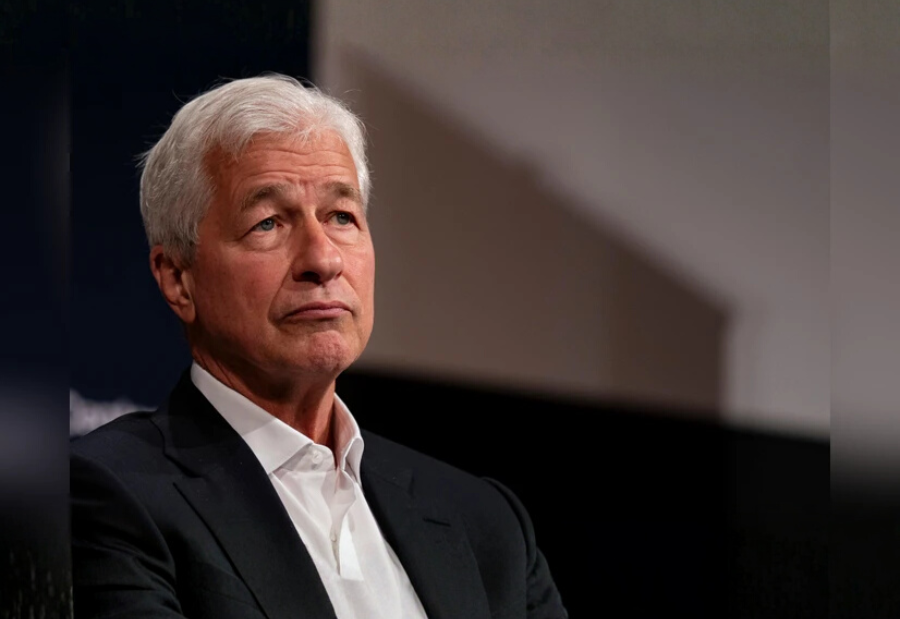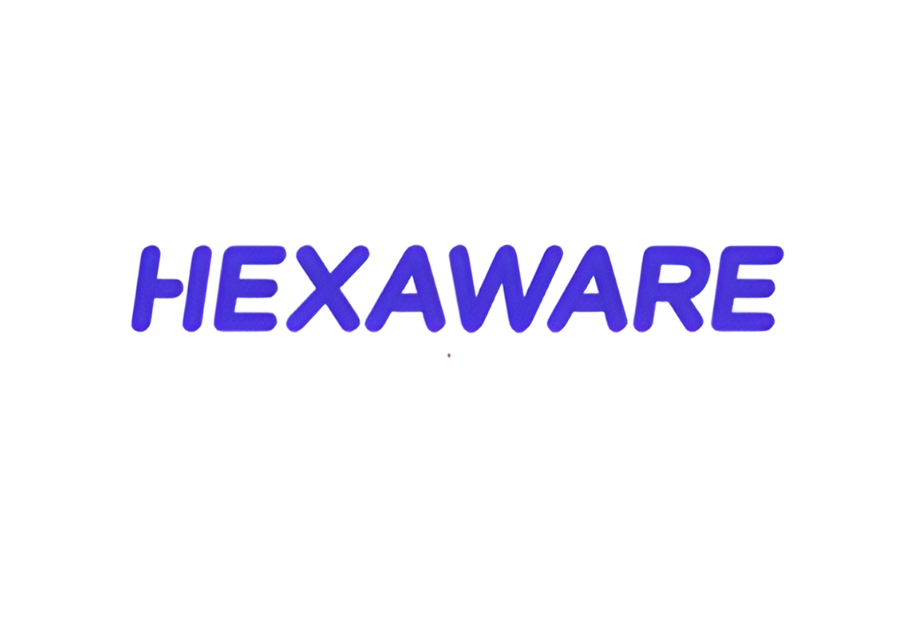JPMorgan Chase CEO Jamie Dimon has predicted that artificial intelligence will transform the future of work, reducing the standard workweek to just three and a half days within a few decades. Speaking at the America Business Forum in Miami, Dimon said, “It’s going to affect every application, every job, every customer interface. My guess is the developed world will be working three and a half days a week in 20, 30, 40 years, and have wonderful lives.”
Dimon said artificial intelligence will optimise productivity, allowing the same output in fewer hours. However, he also cautioned that the transition would not be easy, as the technology could disrupt employment and create new challenges. “AI has its downsides and is often used by bad people, but we should embrace it,” he added.
Under Dimon’s leadership, JPMorgan Chase has become a major hub for AI innovation. The bank employs nearly 2,000 people developing AI systems, with over 150,000 staff members already using large language models to enhance internal processes. The company currently deploys hundreds of AI applications in areas such as fraud detection, legal review, reconciliations, and marketing optimisation.
Dimon said that these innovations show how automation can reshape the traditional work structure by boosting efficiency. Yet, he stressed that the shift to AI-powered operations would not be painless. He warned that artificial intelligence will “eliminate jobs”, urging people to “stop sticking their heads in the sand”.
He said that both businesses and governments need to prepare by investing in retraining, redeployment, and income support to minimise disruption. JPMorgan is reportedly building a long-term strategy focused on helping employees adapt rather than displacing them.
Dimon also spoke about the financial and environmental costs of building AI infrastructure, describing it as more capital- and power-intensive than the early internet era. He advised investors to evaluate AI and data centre projects “deal by deal” and to consider construction and financial risks carefully. “Some AI efforts will be in a bubble,” he said, “but overall, the technology will probably pay off.”
Despite acknowledging the risks, Dimon remains optimistic about AI’s potential to generate new opportunities. He praised Nvidia as an “unbelievable company” and said that artificial intelligence is “real” and capable of making businesses “hugely productive”. Drawing comparisons to the early internet boom, he said that while not every venture succeeded, it ultimately led to transformative companies such as Google, Facebook, Microsoft, Amazon, and Salesforce.
JPMorgan Chase CEO Jamie Dimon has predicted that artificial intelligence will transform the future of work, reducing the standard workweek to just three and a half days within a few decades. Speaking at the America Business Forum in Miami, Dimon said, “It’s going to affect every application, every job, every customer interface. My guess is the developed world will be working three and a half days a week in 20, 30, 40 years, and have wonderful lives.”
Dimon said artificial intelligence will optimise productivity, allowing the same output in fewer hours. However, he also cautioned that the transition would not be easy, as the technology could disrupt employment and create new challenges. “AI has its downsides and is often used by bad people, but we should embrace it,” he added.
Under Dimon’s leadership, JPMorgan Chase has become a major hub for AI innovation. The bank employs nearly 2,000 people developing AI systems, with over 150,000 staff members already using large language models to enhance internal processes. The company currently deploys hundreds of AI applications in areas such as fraud detection, legal review, reconciliations, and marketing optimisation.
Dimon said that these innovations show how automation can reshape the traditional work structure by boosting efficiency. Yet, he stressed that the shift to AI-powered operations would not be painless. He warned that artificial intelligence will “eliminate jobs”, urging people to “stop sticking their heads in the sand”.
He said that both businesses and governments need to prepare by investing in retraining, redeployment, and income support to minimise disruption. JPMorgan is reportedly building a long-term strategy focused on helping employees adapt rather than displacing them.
Dimon also spoke about the financial and environmental costs of building AI infrastructure, describing it as more capital- and power-intensive than the early internet era. He advised investors to evaluate AI and data centre projects “deal by deal” and to consider construction and financial risks carefully. “Some AI efforts will be in a bubble,” he said, “but overall, the technology will probably pay off.”
Despite acknowledging the risks, Dimon remains optimistic about AI’s potential to generate new opportunities. He praised Nvidia as an “unbelievable company” and said that artificial intelligence is “real” and capable of making businesses “hugely productive”. Drawing comparisons to the early internet boom, he said that while not every venture succeeded, it ultimately led to transformative companies such as Google, Facebook, Microsoft, Amazon, and Salesforce.
Also read: Viksit Workforce for a Viksit Bharat
Do Follow: The Mainstream formerly known as CIO News LinkedIn Account | The Mainstream formerly known as CIO News Facebook | The Mainstream formerly known as CIO News Youtube | The Mainstream formerly known as CIO News Twitter
About us:
The Mainstream formerly known as CIO News is a premier platform dedicated to delivering latest news, updates, and insights from the tech industry. With its strong foundation of intellectual property and thought leadership, the platform is well-positioned to stay ahead of the curve and lead conversations about how technology shapes our world. From its early days as CIO News to its rebranding as The Mainstream on November 28, 2024, it has been expanding its global reach, targeting key markets in the Middle East & Africa, ASEAN, the USA, and the UK. The Mainstream is a vision to put technology at the center of every conversation, inspiring professionals and organizations to embrace the future of tech.




